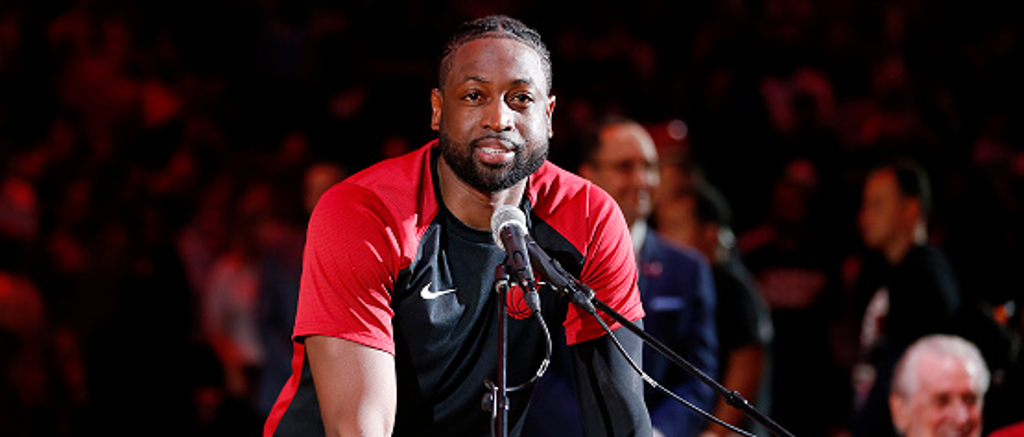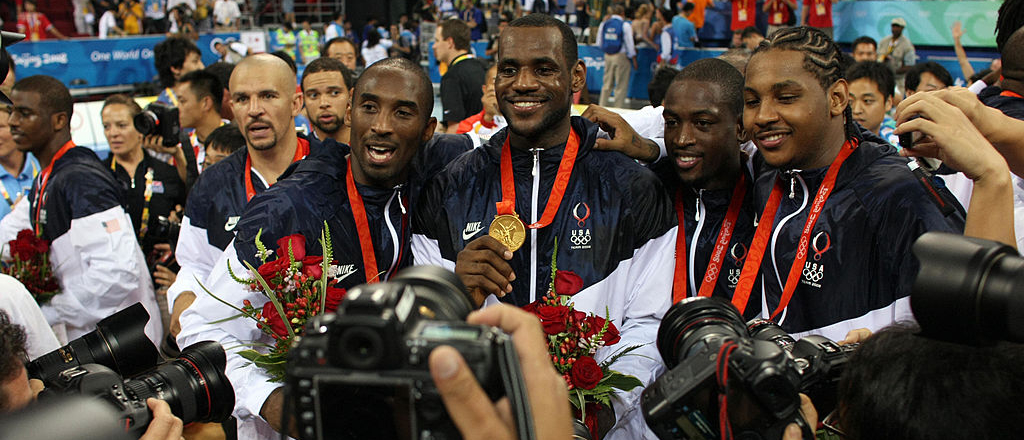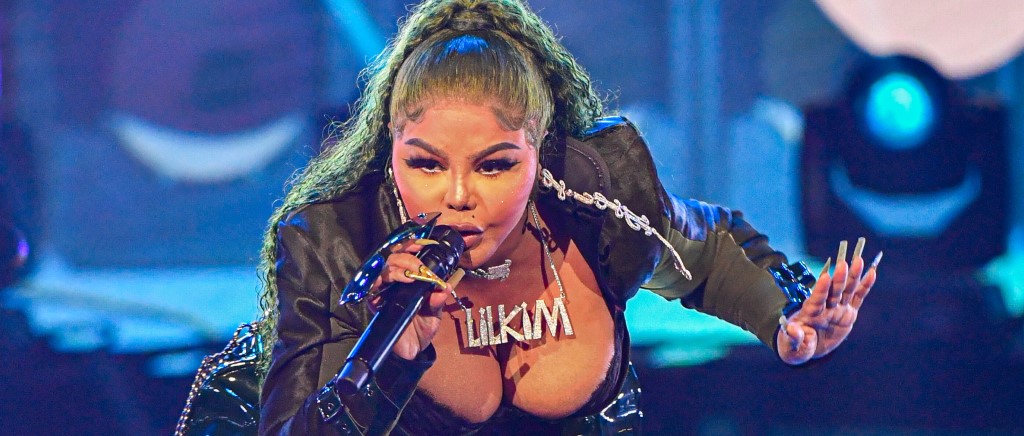
As of late Friday, the death toll from the ongoing wildfires in Maui had reached 80. About 1,000 people remain missing, though that estimate is likely to increase. There is damage to homes, to businesses, even to a historic tree. But if you were considering flying out there to help — much less to vacation — one of Hawaii’s most famous residents is imploring you to think again.
As caught by Variety, Jason Momoa, who was born in the state capital of Honolulu, posted a stark message on his Instagram account. His message, in all-caps: “DO NOT TRAVEL TO MAUI.”
Momoa said the island right now “is not the place to have your vacation right now.” He added, “Do not convince yourself that your presence is needed on an island that is suffering this deeply.” Instead, he advised people to donate to causes to help people whose homes have been ravaged, leaving them displaced.
“Our community needs time to heal, grieve and restore,” he adeded. “That means the less visitors on island taking up critical resources that have become extremely limited the better.”
The actor has also been sharing images and photos of the devastation left by the fires, including what happened to the historic town of Lahania, which was leveled by the fires. On Friday, as per The New York Times, officials began allowing residents to return to retrieve what they could from the wreckage.
(Via Variety)









 | she/her (@cassandracl0ver)
| she/her (@cassandracl0ver) 

 . Love you kid!!
. Love you kid!! 



 #WadeCounty
#WadeCounty STAND UP!! STANDING OVATION
STAND UP!! STANDING OVATION 


